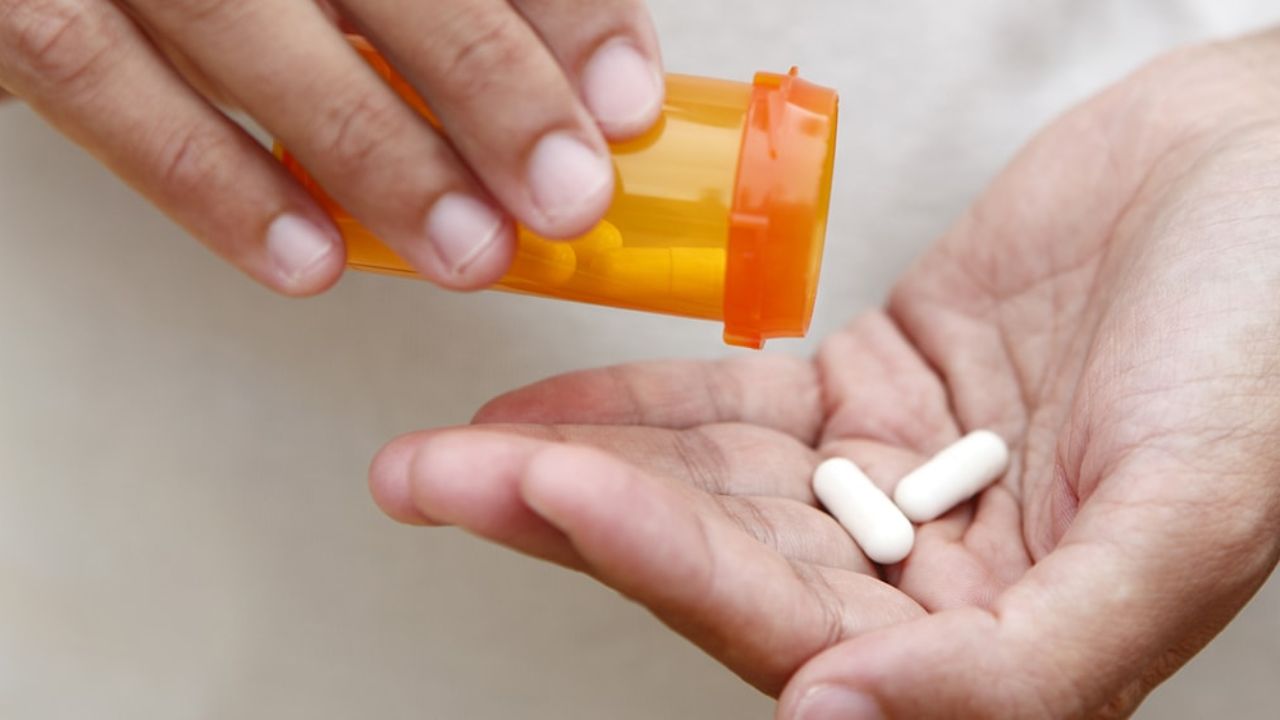In today's time, due to factors related to food and lifestyle, the disease of cancer is increasing rapidly among people. Cancer disease is treated through chemotherapy. Chemotherapy is used to eliminate cancer cells present in the body. In chemotherapy, cancer is treated to eliminate the disease from the root. Chemotherapy is used in many ways to treat cancer.
What is Oral Chemotherapy?
Chemotherapy is considered to be the most effective means for the treatment of cancer disease. To get treated through chemotherapy, you have to visit the hospital at a regular time interval, where you are given medicines through injections, etc. In oral chemotherapy, you have to take only medicines. In oral chemotherapy, you take cancer medicine (tablet or capsule) through your mouth. These medicines are prescribed by your doctor. In oral chemotherapy, you do not need to go to the hospital again and again. Oral chemotherapy consists of several drugs used to treat cancer, which may be in the form of capsules or tablets.
Benefits of Oral Chemotherapy
Oral chemotherapy is considered very easy to treat in cancer disease. In this, you do not need to go to the hospital again and again. In chemotherapy, you have to take medicines through injection under the supervision of an expert, but in oral chemotherapy, you have to take medicines as prescribed by the doctor. In today's time, the treatment of breast cancer, leukemia, prostate cancer, and kidney cancer can be treated through oral chemotherapy. The major advantages of oral chemotherapy are as follows.
- Oral chemotherapy requires relatively less patient care.
- You do not need to go to the hospital again and again.
- Chemotherapy uses injections, but oral chemotherapy does not require injections.
Oral Chemotherapy Side Effects
Cancer patients are easily treated through oral chemotherapy but it also has many side effects. Whether it is oral chemotherapy or normal chemotherapy, some side effects are seen in the patient's body. But the side effects caused by it are short-lived and may get better on their own after treatment. The biggest fear in oral chemotherapy is that if the patient forgets to take his medicine on time, it can seriously affect his health. According to an estimate by the World Health Organization, 50 percent of patients taking oral chemotherapy to forget to take their medicine on time. Because of this, you are not able to get the benefit of oral chemotherapy in the treatment of cancer. Oral chemotherapy is found by many research studies to be less effective than normal chemotherapy. Some of the major side effects of oral chemotherapy are as follows.
- Hair fall problem.
- Change in skin color.
- Feeling extremely tired
- Infection or flu symptoms.
Effects on health due to taking more drugs at a time.
The side effects of chemotherapy and oral chemotherapy may vary from patient to patient. Sometimes the side effects caused by this become very serious which can greatly increase your problem. Many of the drugs used in oral chemotherapy are so dangerous that you may have to wear gloves to eat them. In such a situation, these tablets should be kept away from the reach of children or other people in the house. Medicines should always be taken as per the advice of the doctor.
(Disclaimer: The content on this site is for informational purposes only, and should not be taken as professional medical advice. Always seek the guidance of your doctor or other health professionals for any questions you may have regarding your health or a medical condition.)

 Oral chemotherapy is a type of chemotherapy in which you are advised to take medicines. Usually, in oral chemotherapy, you have to take medicines.
Oral chemotherapy is a type of chemotherapy in which you are advised to take medicines. Usually, in oral chemotherapy, you have to take medicines. 









.jpeg)


.jpeg)



.jpeg)
.jpeg)






.jpeg)





